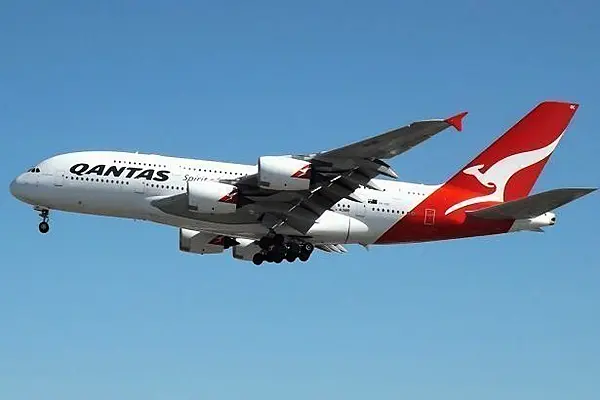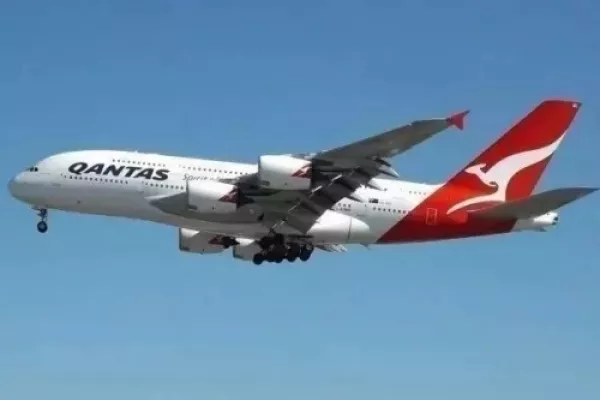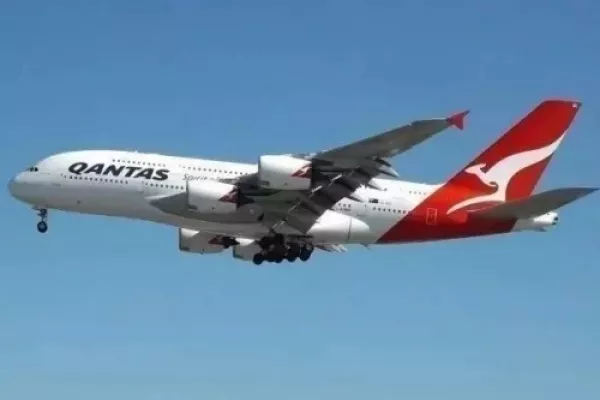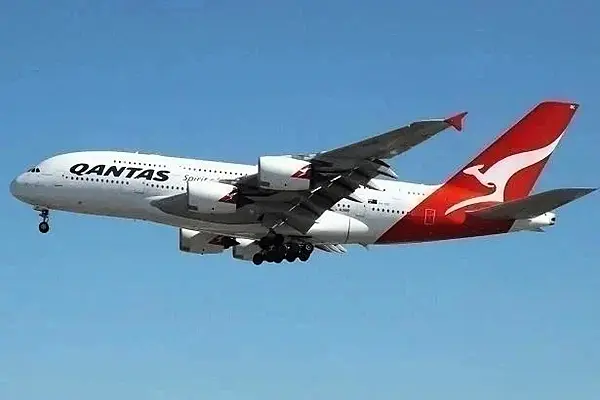Qantas Airways Ltd has said that it has pushed back its target for a widespread resumption of international travel from Australia by four months until the end of October, when the country's vaccination programme is expected to conclude.
The airline grounded its international fleet last March and a domestic recovery has been hampered by state border closures, leading to a 75% fall in revenue to A$2.33 billion ($1.9 billion) in the six months to December 31, 2020.
Qantas said that it swung to a A$1.03 billion first-half underlying loss before tax, which is its most closely watched financial measure, compared with a A$771 million profit a year earlier.
Qantas chief executive Alan Joyce said that it is in close consultation with the Australian government about the outlook for resuming international flights.
"If things change, so will our dates," Joyce told reporters. "But with the vaccine rollout already underway, we're on the right track and that October date seems sensible and in some ways conservative."
Australia began vaccinating its citizens against COVID-19 on Sunday February 21, having had just under 29,000 infections and 909 deaths since last March, lower than most comparable countries.
Qantas previously placed international tickets on sale from July 1, but has pushed that back to Oct. 31, with the exception of flights to New Zealand.
Joyce said that Qantas is forecasting that international capacity will be only 40% of pre-COVID-19 levels in the 2022 financial year, and a full recovery is not expected until 2024, in line with global estimates.
Qantas has said that it will require international travellers to be vaccinated in order to board flights.
In the domestic market, where Qantas normally earns the bulk of its profit, capacity has been running well below pre-pandemic levels due to state border closures that it expects will cost A$350 million to A$450 million of earnings before interest, tax depreciation and amortisation (EBITDA) in the second half.
The airline forecasts that it will operate 80% of its usual domestic capacity in the fourth quarter ending June 30, up from 60% in the third quarter.
Both Qantas and its low-cost brand Jetstar were cash positive in the first half of the financial year in the domestic market, the airline said.
Qantas had A$4.2 billion of liquidity as of December 31 to help it weather ongoing uncertainty in market conditions.
Australian Regulator Proposes To Re-Authorise Qantas-American Airlines Joint Venture
In other Qantas news, Australia's competition regulator has proposed to re-authorise a joint venture between Qantas Airways Ltd and American Airlines Group Inc, extending it for another five years until 2026.
The carriers had entered a trans-pacific joint business agreement in 2011 to coordinate services between the United States, Australia and New Zealand.
The Australian Competition and Consumer Commission (ACCC) had authorised the agreement in 2011 for five years and re-authorised it in 2016 until 2021.
"Passengers travelling on trans-pacific routes could benefit through enhanced products and services, including a greater likelihood of increased capacity and new routes, increased connectivity and improved schedule choice," ACCC commissioner Sarah Court said in a statement.
News by Reuters, edited by Hospitality Ireland. Click subscribe to sign up for the Hospitality Ireland print edition.









